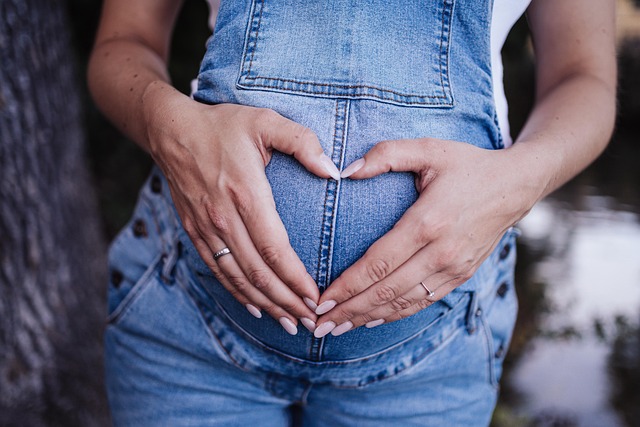As wildfires become increasingly common, many pregnant women have questions about the risks associated with smoke and poor air quality. It’s essential to understand these dangers to make informed choices when faced with emergencies. Here’s a friendly guide to some frequently asked questions about wildfires and pregnancy.
Q. What’s in wildfire smoke?
Wildfires emit particulate matter, which consists of dirt, dust, pollen, mold, ashes, and soot. These tiny particles can enter your lungs and even your bloodstream, especially those smaller than 10 micrometers. Smoke can also contain harmful chemicals, including heavy metals like lead and carbon monoxide.
Q. How does smoke affect my pregnancy?
Smaller particles can lead to health problems like breathing issues and increased risks for heart problems. While we’re still learning about how these particles impact pregnancy, it’s wise to limit exposure to wildfire smoke. Carbon monoxide is particularly concerning as it reduces oxygen available to both you and your baby. Some studies indicate an increased risk of birth defects if exposure occurs during the first trimester, but more research is needed in this area.
Q. I have asthma and I’m pregnant. What should I know?
Pregnancy doesn’t shield you from asthma symptoms, and smoke can exacerbate them. It’s crucial to keep your asthma medications handy, especially during fire season when emergency services may be stretched thin. Always consult your healthcare provider about your asthma management.
Q. Should I wear a mask if I work outdoors?
The EPA suggests using masks designed to filter out particulate matter. If you must work outside, a properly fitted particulate respirator is recommended. As pregnancy can alter lung function, check with your doctor before using any mask.
Q. What if I live far from the fire?
Air quality can still be affected by wildfires even if you’re miles away. Stay updated with local health advisories and avoid outdoor activities that could increase your exposure to harmful particles.
Q. Can wildfires lead to additional stress?
Absolutely. The anxiety of evacuation and decision-making can be overwhelming during a fire. Chronic stress may affect the developing baby, so finding ways to manage stress is essential.
Q. What if I need to evacuate?
Preparation is key! Have a checklist of essentials ready, including medications and an emergency kit. Stay hydrated and try to keep calm during the evacuation. Don’t forget to keep up with prenatal visits, even if you’re displaced.
Q. How can I minimize smoke exposure?
Stay indoors as much as possible and keep windows closed. An air purifier can help improve indoor air quality. If you need to go out, keep car windows up and use the air conditioning. If you’re pregnant and must be outdoors, consider wearing a mask for added protection.
Q. What about breastfeeding during wildfires?
For breastfeeding mothers, the same precautions apply. Focus on staying hydrated and continue to feed your baby as needed. If you pump, pack extra batteries in case of power outages, and remember to bring bottled water for formula-fed babies.
Q. Where can I get real-time information?
Check the USDA Forest Service for updates on wildfires and the EPA for air quality reports in your area. Following guidelines for “sensitive individuals” can help you stay safe. For more detailed information, the CDC also offers resources regarding wildfire exposure during pregnancy.
In summary, wildfires pose unique challenges for pregnant women, from smoke exposure to stress. By staying informed and prepared, you can protect both yourself and your baby during fire season. Additionally, if you’re interested in learning more about home insemination, check out this informative blog post. For those looking for an at-home insemination kit, CryoBaby is a trusted option. Also, for more information on fertility services, visit Johns Hopkins Medicine.

